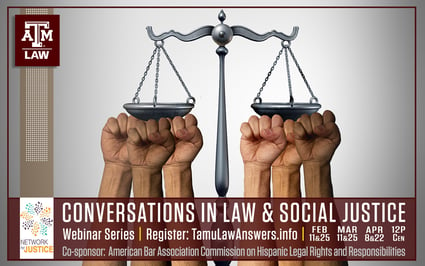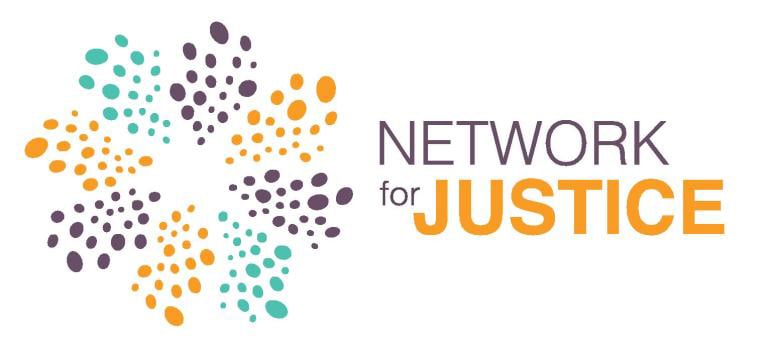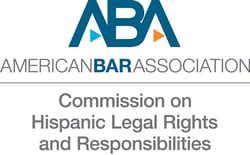TAMU Law Answers
SOCIAL JUSTICE WEBINAR SERIES
Training Social Justice Lawyers Today
Thursday, April 8, 12:00 Noon Central
 Teaching social justice lawyering is at an inflection point. Recent developments challenge existing models and show the need for innovation. Economic and social inequality has grown while racism and sexism continue unabated. Important forces seek to undermine the rule of law while some affected communities question the value of law as a tool to fight inequality and discrimination. In such a world, we need new approaches to social justice lawyering and new ways to train law students. There are new ideas on the table for training lawyers but also barriers and resistances to innovation. This webinar brings together law school teachers who are exploring how law and lawyers can contribute to the struggle for a more just society. It discusses:
Teaching social justice lawyering is at an inflection point. Recent developments challenge existing models and show the need for innovation. Economic and social inequality has grown while racism and sexism continue unabated. Important forces seek to undermine the rule of law while some affected communities question the value of law as a tool to fight inequality and discrimination. In such a world, we need new approaches to social justice lawyering and new ways to train law students. There are new ideas on the table for training lawyers but also barriers and resistances to innovation. This webinar brings together law school teachers who are exploring how law and lawyers can contribute to the struggle for a more just society. It discusses:
- Efforts to integrate critical legal theories in the training program.
- The use global knowledge and contacts to enrich the menu of advocacy options.
- Engaging community organizations and clients as collaborators;.
- The value of linking theory and practice to teach social justice pedagogy.
- Barriers that need to be overcome to meet the training needs of our time.
- New ways to use law to achieve a more just and equitable society and discuss needed reform in scholarship, courses and clinical curriculum and pedagogy.
Presenters:

- Carrie Bettinger-López, University of Miami School of Law Human Rights Clinic
- Denisse Córdova Montes, University of Miami School of Law Human Rights Clinic
- Deborah Archer, NYU School of Law
- Moderator: Louise Trubek, University of Wisconsin Law School
Reference Material:
- The Emerging Legal Architecture for Social Justice; New York University Review of Law & Social Change, Vol. 44, Iss. 3, pp. 355-398, 2020, Texas A&M University School of Law Legal Studies Research Paper No. 19-62, Univ. of Wisconsin Legal Studies Research Paper No. 1586; Luz E. Herrera and Louise G. Trubek
- Redefining Human Rights Lawyering Through the Lens of Critical Theory: Lessons for Pedagogy and Practice; 18 Geo. J. on Poverty L. & Pol'y 337; Caroline Bettinger-López, Davida Finger, Meetali Jain, JoNel Newman, Sarah Paoletti, and Deborah M. Weissman
- Political Lawyering for the 21st Century; 96 Denver Law Review 399, 2019; Deborah N. Archer
- (Re)Framing Race in Civil Rights Lawyering; Yale Law Journal, Vol. 130, 2020; Angela Onwuachi-Willig and Anthony Victor Alfieri
- Social Justice Advocacy and Innovation: The Wisconsin Center for Public Representation 1974-Present; 25 Georgetown Journal on Poverty Law and Policy; Louise G. Trubek

Texas A&M University School of Law and the Network for Justice host this webinar series, co-sponsored by the American Bar Association Commission on Hispanic Legal Rights and Responsibilities, to examine pressing issues in social justice & the law, particularly as they impact the Latinx community.
We encourage students, lawyers, and community leaders who care about social justice and civil rights to join us in these online discussions. Our goal is to engage a variety of people in a multi-generational conversation to help us understand the social justice challenges and opportunities in the United States.
While some of the panelists are attorneys, they will be discussing the law generally, and nothing in the webinar should be considered as legal advice. Attendees should consult their own legal advisor to address their own unique circumstances.


